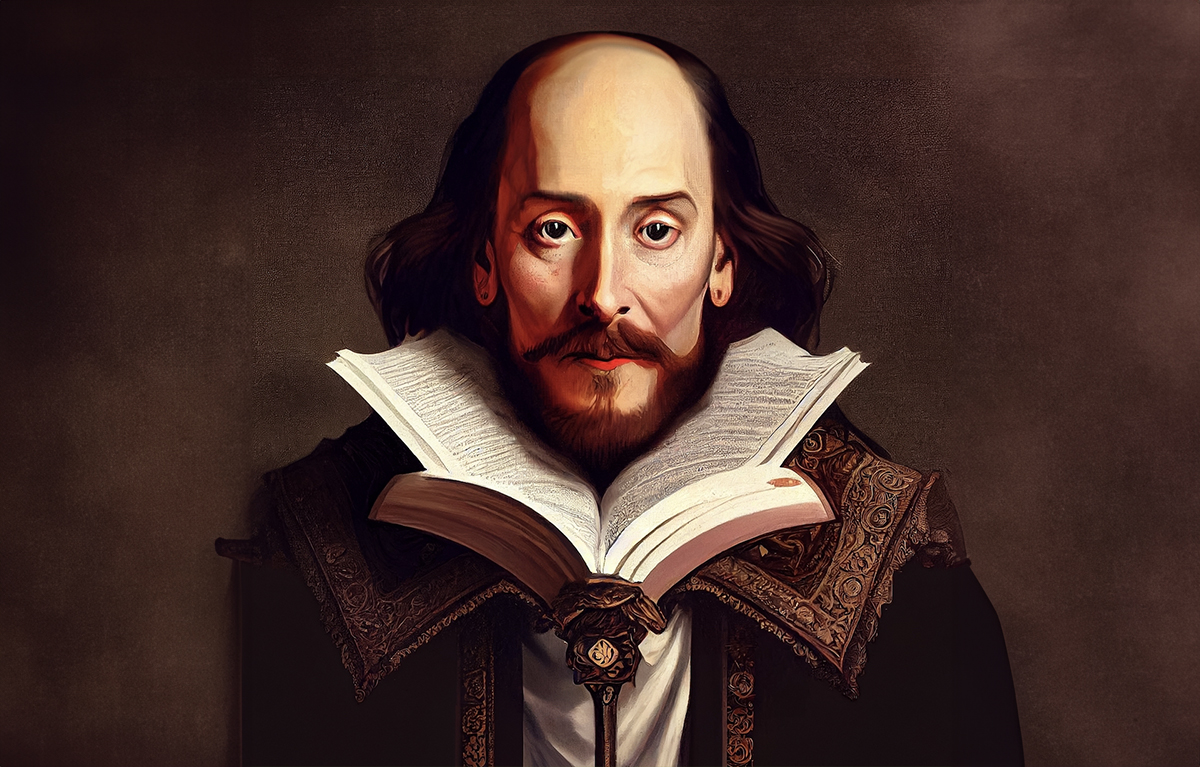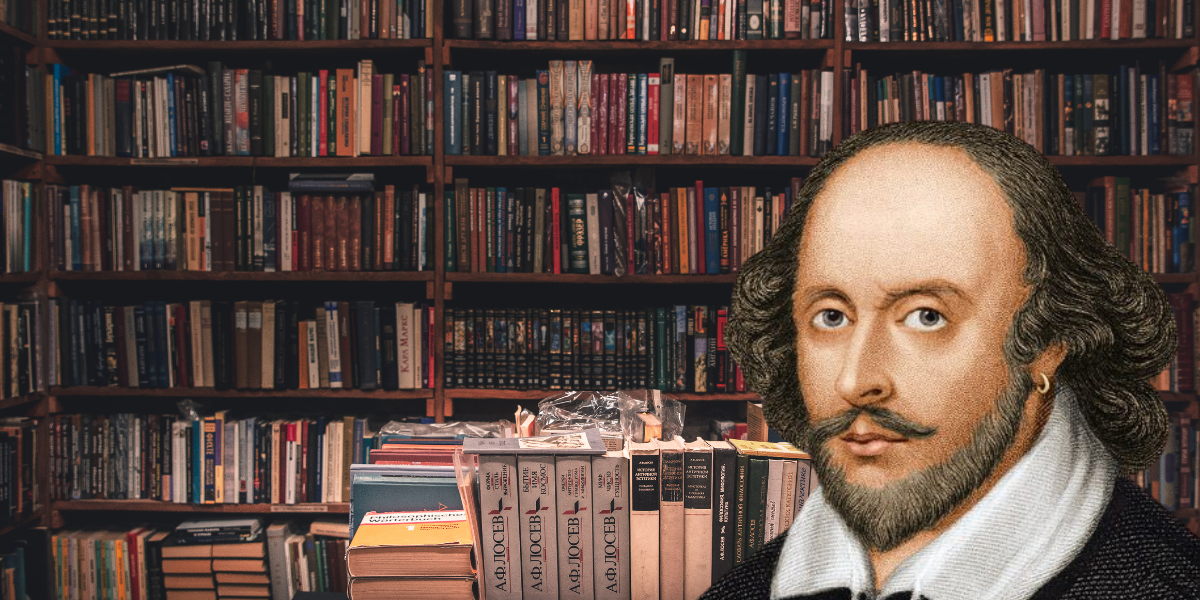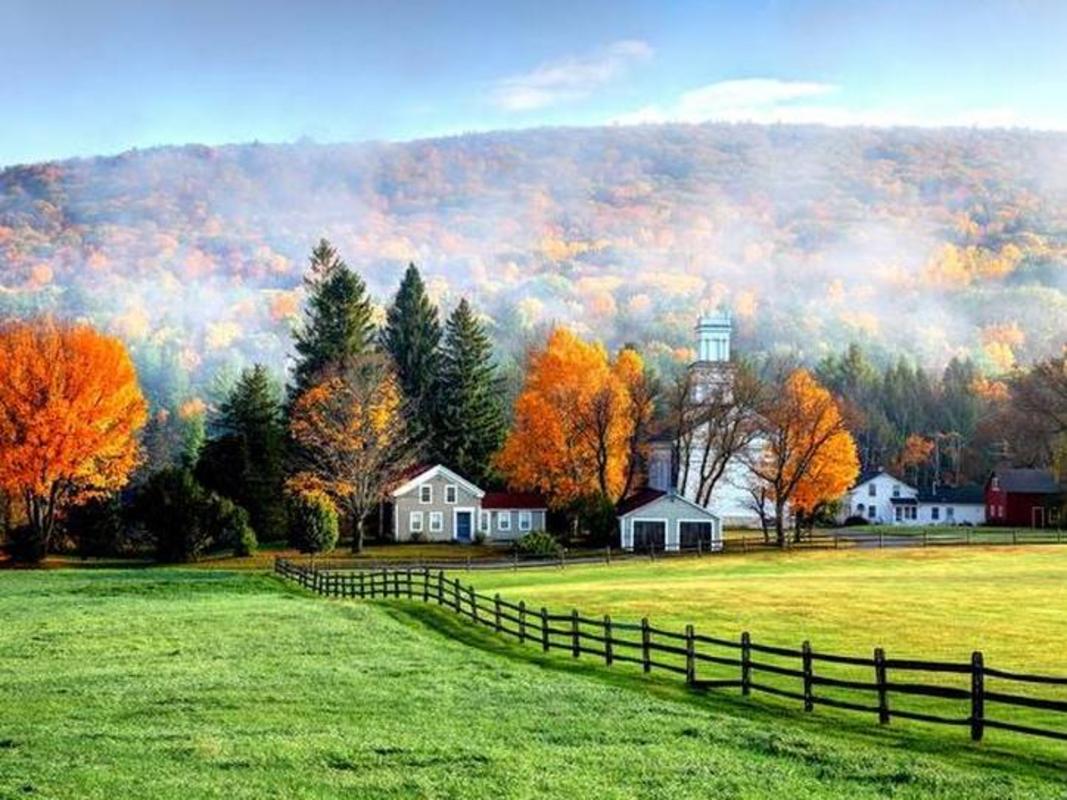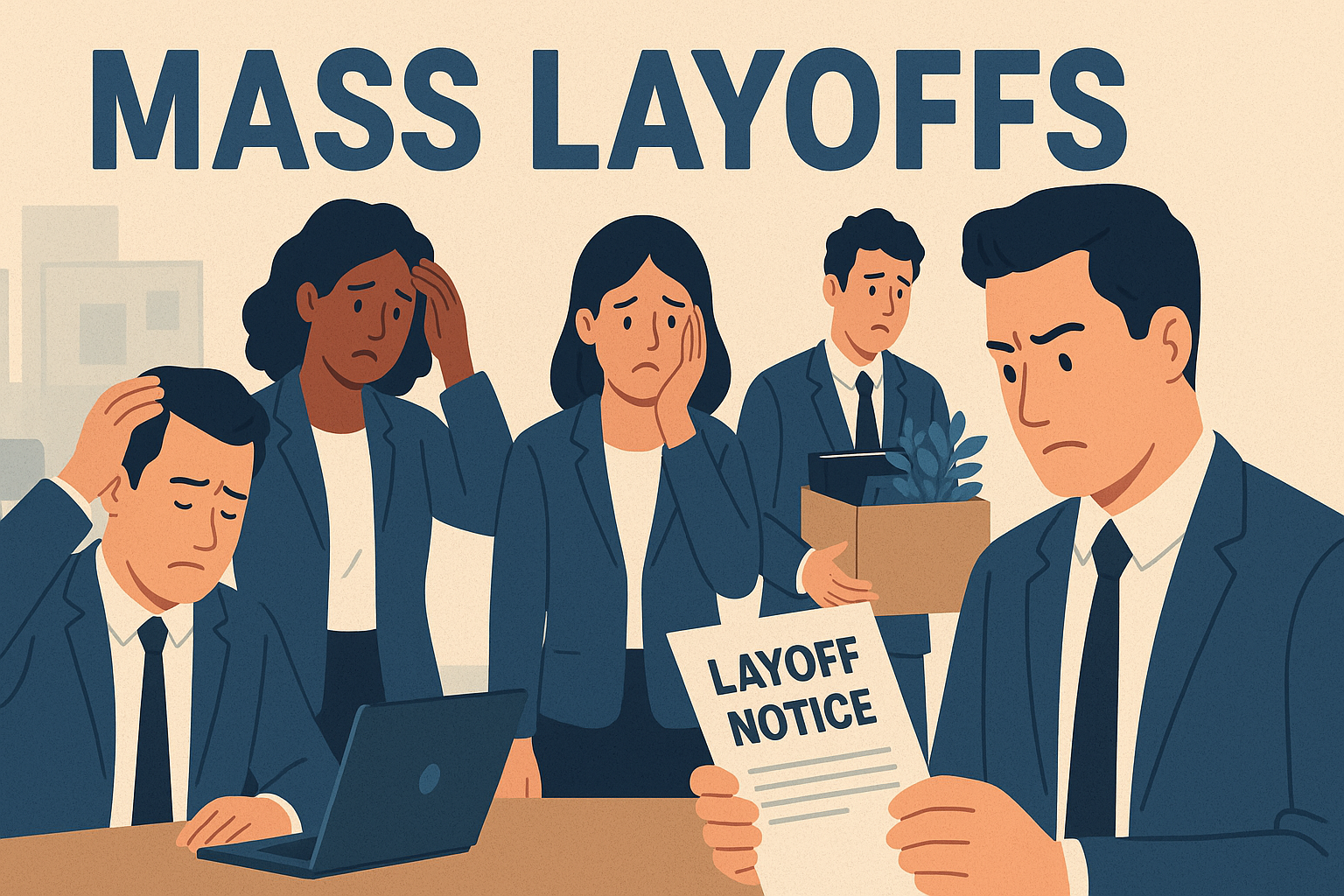
William Shakespeare, often regarded as the greatest writer in the English language, has left an indelible mark on modern literature, theatre, and storytelling. His works, written over 400 years ago, continue to shape contemporary fiction, drama, poetry, and even film. His themes, characters, language, and narrative structures remain deeply embedded in modern storytelling. This article explores Shakespeare’s profound influence on modern literature, tracing how his legacy endures across genres, cultures, and media.
Shakespeare’s Influence on Narrative and Storytelling

A. Complex Characters and Psychological Depth
- Shakespeare revolutionized character development by creating psychologically rich, multidimensional figures with conflicting emotions and motivations.
- His characters, such as Hamlet, Macbeth, Iago, and Lear, exhibit inner struggles that feel modern and realistic.
- Modern literary characters, from Jay Gatsby (The Great Gatsby) to Holden Caulfield (The Catcher in the Rye), reflect Shakespeare’s influence in their depth and self-reflection.
Example:
- Hamlet’s existential angst and self-doubt are echoed in characters like Prince Myshkin (Dostoevsky’s The Idiot) and modern antiheroes in literature and film.
B. Universal Themes That Resonate Today
Shakespeare explored themes that remain central to modern storytelling, including:
- Power and ambition (Macbeth, Richard III) → Influences novels like Lord of the Flies and Game of Thrones.
- Love and identity (Romeo and Juliet, Twelfth Night) → Echoes in contemporary romance novels and films.
- Betrayal and revenge (Hamlet, Othello) → Forms the basis for modern thrillers and dramas.
- Fate vs. free will (Julius Caesar, Macbeth) → Appears in dystopian fiction like Brave New World and 1984.
Example:
- The Lion King is a modern retelling of Hamlet, showcasing how Shakespearean themes continue to influence contemporary narratives.
Shakespeare’s Contribution to the English Language
A. Coining Words and Phrases
- Shakespeare introduced over 1,700 words into the English language, many of which are still in use today.
- Words like bedazzled, swagger, lonely, and majestic were either invented or popularized by Shakespeare.
- His influence on everyday expressions is profound, with phrases such as:
- “Break the ice” (The Taming of the Shrew)
- “Wild-goose chase” (Romeo and Juliet)
- “Wear my heart upon my sleeve” (Othello)
- “All the world’s a stage” (As You Like It)
B. Shakespeare’s Influence on Poetic and Prose Styles
- His mastery of iambic pentameter influenced poets like John Keats, T.S. Eliot, and Robert Frost.
- Novelists such as Charles Dickens and William Faulkner incorporated Shakespearean rhythms and monologues into their prose.
Example:
- T.S. Eliot’s The Waste Land contains direct references to Hamlet and The Tempest.
Shakespeare’s Influence on Modern Drama and Theatre
A. Shaping the Structure of Modern Plays
- Shakespeare’s five-act structure is still the foundation of modern playwriting.
- His use of subplots (seen in King Lear and Much Ado About Nothing) has become standard in theatre and film.
B. The Rise of Realism and Psychological Drama
- Shakespeare’s deep psychological insights influenced 19th and 20th-century playwrights like Henrik Ibsen, Arthur Miller, and Tennessee Williams.
- His exploration of moral dilemmas and human psychology paved the way for modern theatre’s emphasis on character-driven narratives.
Example:
- Arthur Miller’s Death of a Salesman draws on Shakespearean tragedy, portraying a protagonist (Willy Loman) whose downfall is both personal and societal.
C. Adaptations in Contemporary Theatre
- Shakespeare’s plays are constantly adapted for modern audiences, often with new settings and interpretations.
- Examples:
- West Side Story (1957) is a retelling of Romeo and Juliet.
- 10 Things I Hate About You (1999) modernizes The Taming of the Shrew.
- Macbeth has been reimagined in countless ways, including the film Throne of Blood (1957), set in feudal Japan.
Shakespeare’s Influence on Modern Film and Television
A. Shakespearean Adaptations in Cinema
- Filmmakers frequently adapt Shakespeare’s plots, dialogues, and themes into new formats.
- Examples of direct adaptations:
- Kenneth Branagh’s Hamlet (1996) – A faithful, full-text adaptation.
- Baz Luhrmann’s Romeo + Juliet (1996) – A modern retelling with Shakespearean dialogue.
B. Shakespearean Themes in Popular Films
- Many modern films incorporate Shakespearean elements, even without direct adaptation.
- Examples:
- The Godfather (1972) reflects themes of power and betrayal, akin to Macbeth and King Lear.
- House of Cards is inspired by Richard III, with Frank Underwood mirroring the ruthless rise to power.
- The Dark Knight (2008) explores chaos vs. order, much like Hamlet and Othello.
Shakespeare’s Influence on Modern Literature
A. Novelists Inspired by Shakespeare
Many renowned novelists have drawn on Shakespeare’s themes, plots, and characters:
- James Joyce’s Ulysses → Inspired by Hamlet.
- Aldous Huxley’s Brave New World → The title comes from The Tempest.
- Margaret Atwood’s Hag-Seed → A retelling of The Tempest.
B. Shakespeare’s Influence on Modern Poetry
- Poets like Emily Dickinson, W.B. Yeats, and Sylvia Plath were shaped by Shakespeare’s language and imagery.
- His ability to capture human emotion through poetic devices continues to inspire contemporary poetry.
Example:
- T.S. Eliot’s The Love Song of J. Alfred Prufrock references Hamlet, reflecting themes of indecision and existential dread.
Shakespeare’s Global Influence
- Shakespeare has been translated into over 100 languages and remains a central figure in world literature.
- His plays and themes have been adapted across diverse cultures, including:
- Bollywood films inspired by Macbeth (Maqbool, 2003) and Othello (Omkara, 2006).
- Chinese adaptations, such as The Banquet (2006), based on Hamlet.
Conclusion: Shakespeare’s Enduring Legacy
Shakespeare’s influence on modern literature is unparalleled. His themes, characters, and language continue to shape storytelling across novels, theatre, film, and poetry. His ability to capture the depth of human nature ensures that his works remain as relevant today as they were in the Elizabethan era.
As Ben Jonson famously said of Shakespeare:
“He was not of an age, but for all time.”
Indeed, Shakespeare’s legacy is eternal, woven into the fabric of modern literature and culture, ensuring that his works continue to inspire, entertain, and provoke thought for generations to come.







